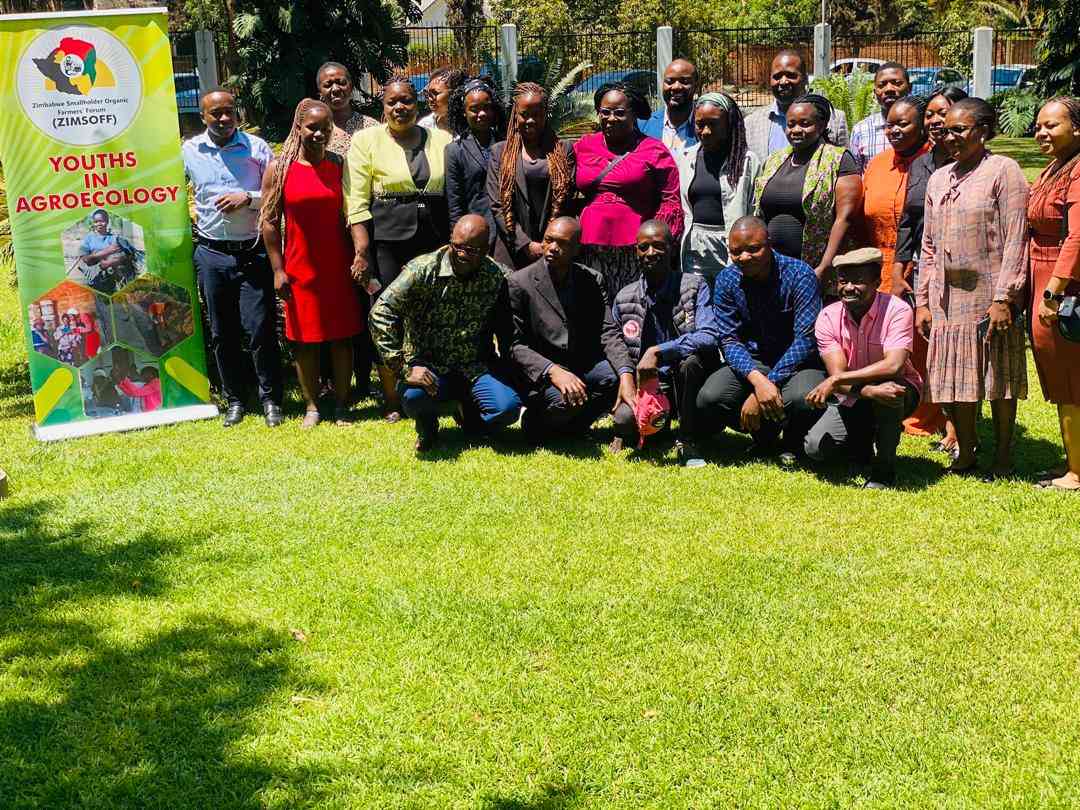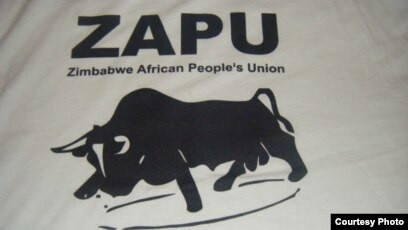
NON-STATE actors working in different sectors of the economy have called for the development of a national platform that will facilitate their involvement in the proposed SADC regional integration agenda.
Speaking at a workshop held in Harare early this week under the theme: Enhancing NSAs voice in the SADC integration agenda through the formation of the SADC Zimbabwe NSAs public resource management platform, Zimbabwe Small holders Organic Farmers Forum (ZIMSOFF) representative Patience Shumba said the objective of the workshop was to bring together State and non-State actors together to deliberate on the need to work together.
“There was a gap regarding NSAs' engagement, there was no dedicated focal point within the SADC secretariat to coordinate NSA engagements,” Shumba said.
A representative of the Lands ministry said while non-State actors were playing a key role in the agricultural sector, they need to do more to uplift the smallholder farmers.
“The intervention of the non-State actors to supply enough information about agroecology is key, starting with sharing some of the practices that are being done. But what is needed for us to beat the benchmark for some of those indicators,” she added.
The Southern and Eastern African Trade Information and Negotiations Initiative (SEATINI) representative Rangarirai Machemedze said: "In this workshop, we are gathered here together with other civil society organisations who really want to establish a national platform that would then spearhead the formation of a SADC national committee together with other partners in government, employers' organisations, workers, faith-based organisations, and so forth.”
"If we manage to do this we would really have given effect to the SADC treaty which has established different institutions including the SADC national committee. Zimbabwe has never established one and it's important that we establish this committee and the role and responsibilities of this committee is to input from a national level into regional processes making sure that the policies that are made at the regional level we would have influenced or we would have inputted into that process and vice versa, just to ensure also that the policies, programmes, that are agreed at the regional level and that there is some alignment with our national development plans and the implementation of those programmes at the national level," Machemedze added.
An Action Aid official present at the event said the Partnership for Social Accountability was a consortium made up of ActionAid Zimbabwe, Zimbabwe Small Organic Farmers Forum, ZIMSOFF, SAFAIDS, Voluntary Media Council of Zimbabwe and Disaster and Environment Management Trust.
- Set up environmental courts: CSOs
- The Fiddler: A strange endingA strange ending
- ‘Empower youths in governance processes’
- Ukraine war leaves 323m people facing hunger
Keep Reading
“The dialogue was facilitated by ZIMSOFF and ESSAF looking at food security and agriculture. In this consortium we are normally working towards realising that public services within health and agriculture are gender responsive or gender transformative, particularly looking at how they are addressing issues affecting smallholder farmers, looking at young farmers and women farmers.”
“ZIMSOFF is our lead within food security and agriculture where they have been working as a farmer's movement to build the capacity of farmers towards how they can engage duty bearers to address the different service delivery issues that affect farmers, for example access to water, access to reliable markets and road networks,” the representative said.










